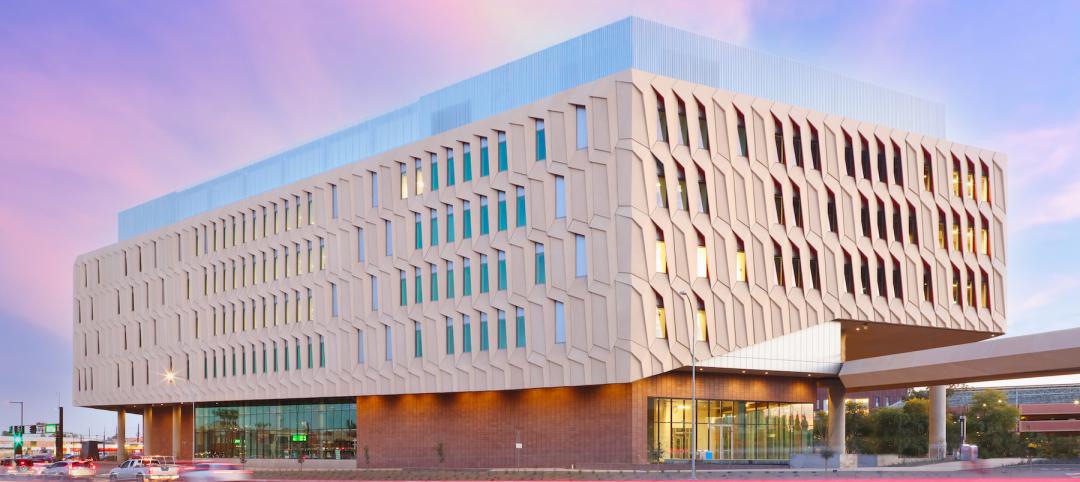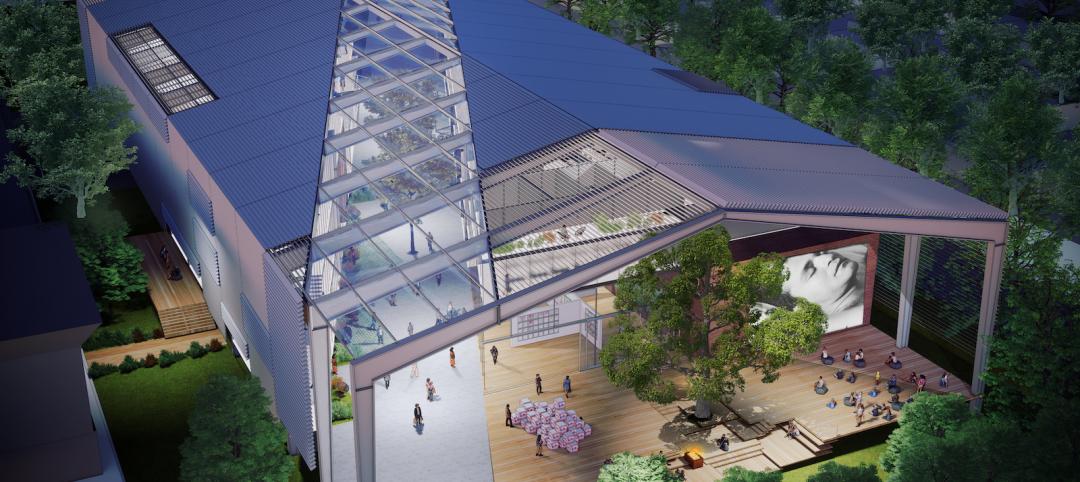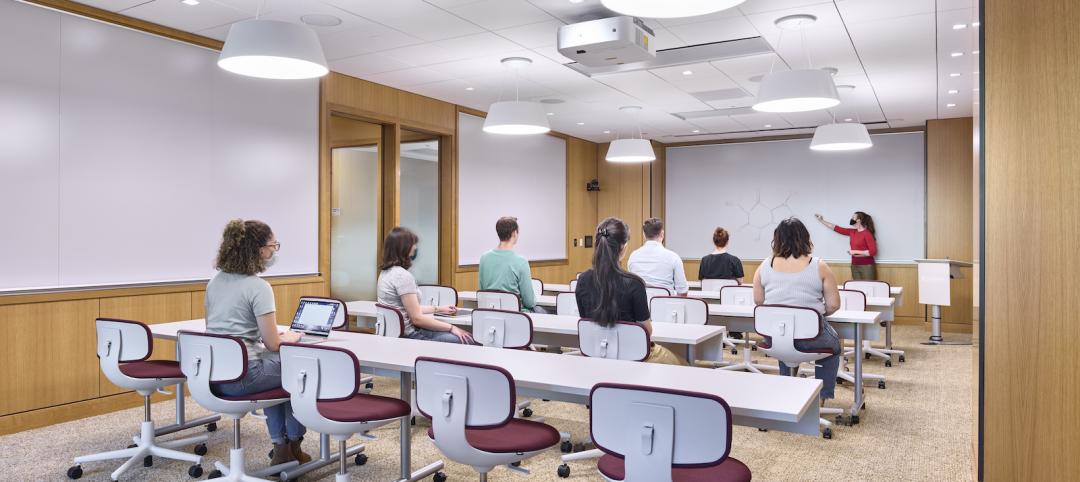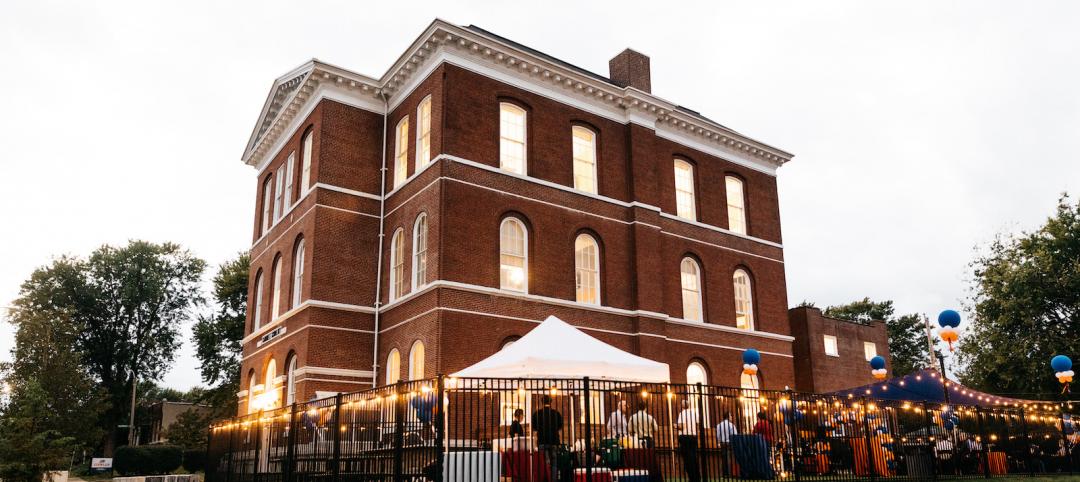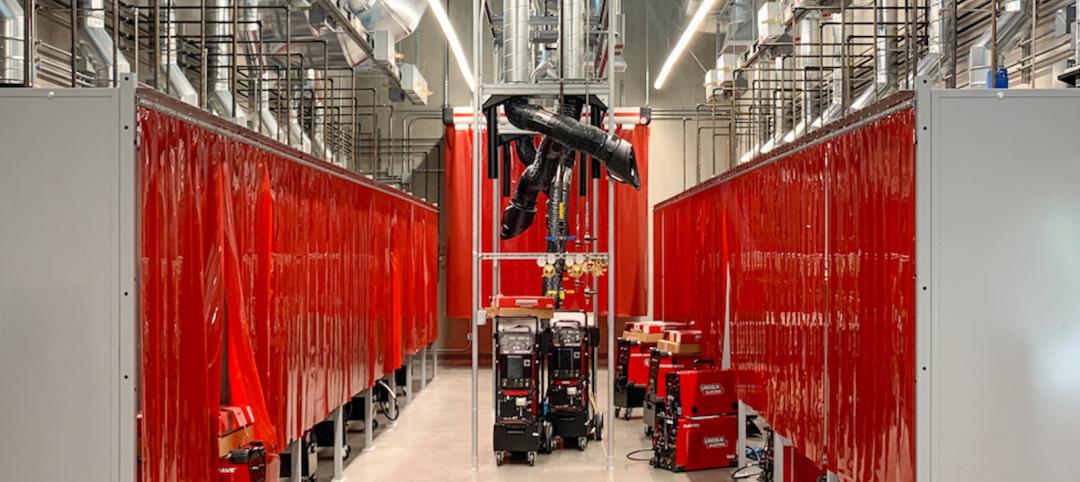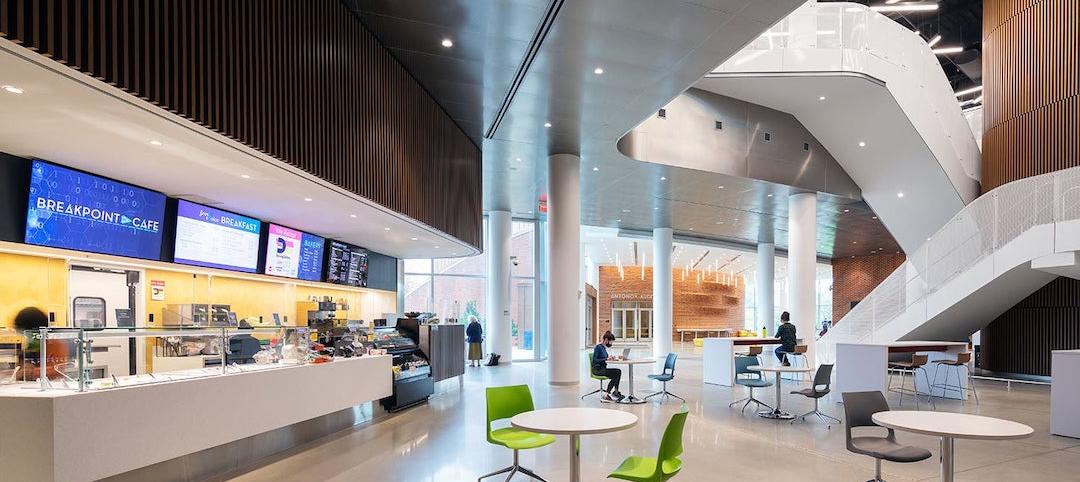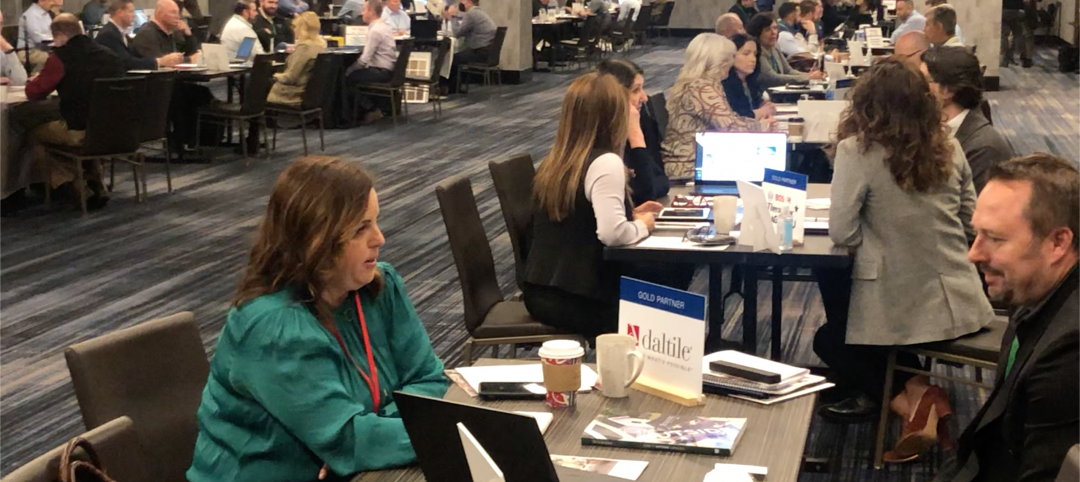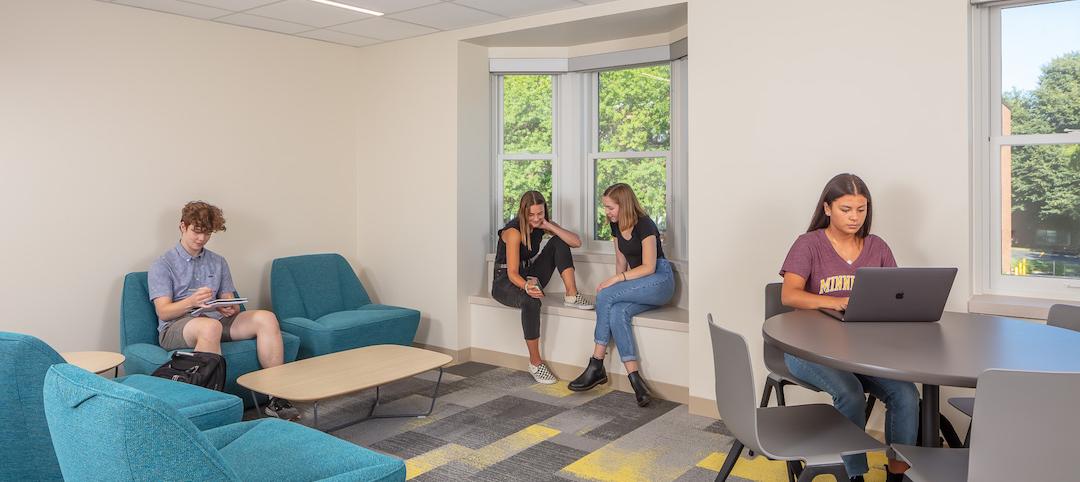About 63,000 adults in Washington D.C.—10% of the area’s adult population—lack high school diplomas. And these are the adults whom the Goodwill Excel Center, this market’s first adult charter high school, hopes to bring back to the educational fold.
Goodwill Industries of Greater Washington opened its first Excel Center in August inside a two-level, 21,500-sf basement space on G Street near the Old Executive Building. Goodwill received 2,055 applications for the 325 seats available. Three quarters of the students in its first class are women, and the ages of the students range from 26 to 39 years old. Seventy percent live in Wards 7 and 8, among D.C.’s poorest.
The D.C. school models itself after the first Excel Center in Indianapolis, which opened in 2010. There are now 11 Excel Centers in central Indiana, as well as in Memphis, Austin, Little Rock, Ark., and South Bend, Ind.
Catherine Meloy, CEO of Goodwill of Greater Washington, says her branch saw the need for an Excel Center after learning that many of the 2,000 applicants for jobs at D.C.’s Marriott Marquis hotel were turned away because their hadn’t graduated from high school. Several others who had a diploma weren’t hired because they couldn’t pass Marriott’s reading and math tests.
The Goodwill Excel Center operates five eight-week terms annually, and estimates it will take most students about two years to complete their education and earn a diploma. Meloy says that some of curricula are dual credited with a local college, and graduates will be credentialed in one of five industries: hospitality, security, healthcare, technology, or energy/utilities.
Beth Buffington, NCARB, LEED AP BD+C, Studio Principal with Little Community Group—which provided interior architecture, sustainable design, and brand communication and design services—recalls that the space Goodwill found for its first Excel Center left a lot to be desired.
“We referred to it as the ‘Minotaur Space,’ ” she says. “The carpets and walls were brown, some of the columns were sloping. It was a tired location. We wanted it to be more open and transparent.”
Little upgraded the artificial lighting, and managed to bring in some natural light, too. It made the finishes lighter, and injected “a hip, business look,” says Buffington, which opened up the walls and ceilings of the basement. Classrooms and learning areas support collaboration. And the layout allows teachers and mentors to be visible and accessible to the students at all times.
The school offers childcare services. And Little worked in graphics and biophilia that sup port Goodwill’s mission to the community.
The Goodwill Excel Center is tuition free, and city’s Office for School Education provides per-pupil financing, a percentage of which helped pay for the renovation. Goodwill Industries kicked in some money, and the group worked with a D.C.-based REIT to get a tenant allowance. The school also has corporate sponsors that include Capitol One and SunTrust.
Meloy says the goal is to have five Excel Centers in the D.C. area, and expects the second school to open by 2018. “The first was meant to be replicable so there would be branding and a consistent color tone,” she says.
Related Stories
Education Facilities | Feb 24, 2022
New ASU science and tech building features innovative sustainability elements
Arizona State University’s Interdisciplinary Science and Technology Building 7, completed in December 2021, was constructed with numerous innovative sustainability elements.
University Buildings | Feb 18, 2022
On-campus performing arts centers and museums can be talent magnets for universities
Cultural facilities are changing the way prospective students and parents view higher education campuses.
University Buildings | Feb 18, 2022
UPenn converts a library past its prime to a tech-integrated learning and maker
In September 2021, Penn reopened its renovated and expanded library as an open center for cross-disciplinary learning, prototyping, and collaboration. Now called Biotech Commons, the 17,000-sf building supports new modes of research by offering a range of spaces and services that is free to be scheduled by any student or faculty member.
University Buildings | Feb 17, 2022
A vacated school in St. Louis is turned into a center where suppliers exchange ideas
In 1871, The Carondelet School, designed by Frederick William Raeder, opened to educate more than 400 children of laborers and manufacturers in St. Louis. The building is getting a second lease on life, as it has undergone a $2 million renovation by goBRANDgo!, a marketing firm for the manufacturing and industrial sectors.
Education Facilities | Feb 17, 2022
Community colleges build new centers for advanced manufacturing training
Portland Community College joins a growing list of community colleges building advanced training facilities to help close the skills gap in manufacturing.
Resiliency | Feb 15, 2022
Design strategies for resilient buildings
LEO A DALY's National Director of Engineering Kim Cowman takes a building-level look at resilient design.
Coronavirus | Jan 20, 2022
Advances and challenges in improving indoor air quality in commercial buildings
Michael Dreidger, CEO of IAQ tech startup Airsset speaks with BD+C's John Caulfield about how building owners and property managers can improve their buildings' air quality.
University Buildings | Jan 11, 2022
Designing for health sciences education: supporting student well-being
While student and faculty health and well-being should be a top priority in all spaces within educational facilities, this article will highlight some key considerations.
ProConnect Events | Jan 8, 2022
ProConnect Events 2022: Multifamily, Sustainability, Education, and Single Family – watch the video to learn how to participate!
At ProConnect events, building product manufacturers meet with AEC professionals and real estate developers to discuss upcoming building projects, new products, and technical solutions.
Education Facilities | Jan 5, 2022
Student housing for Gen Z students will emphasize digital technology and ‘alone together’ spaces
As digitally engaged as Generation Z is, they still value and desire in-person communication and socialization.



